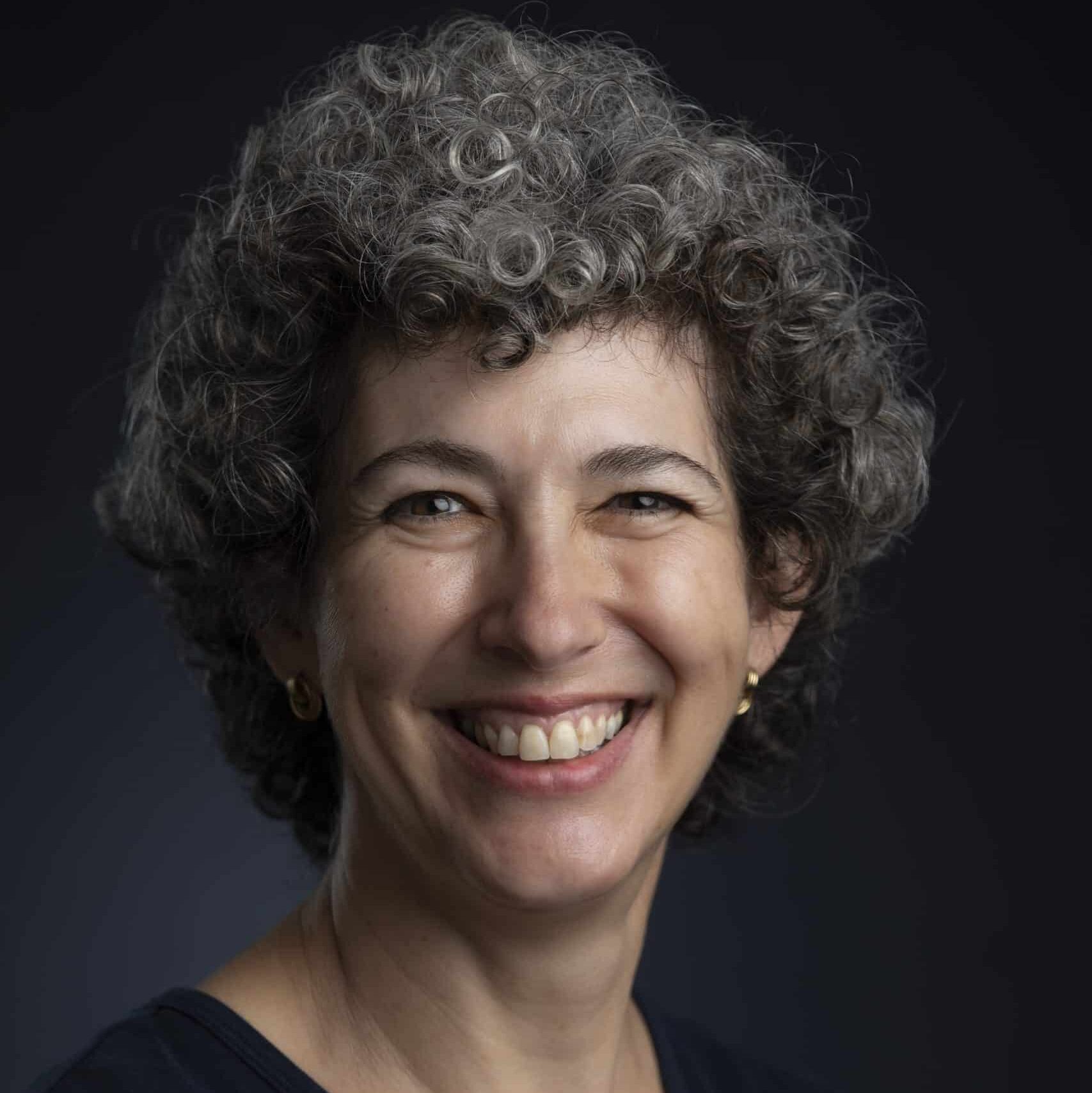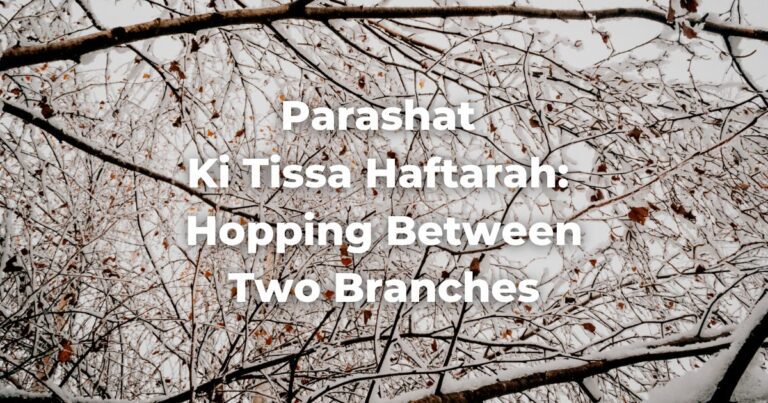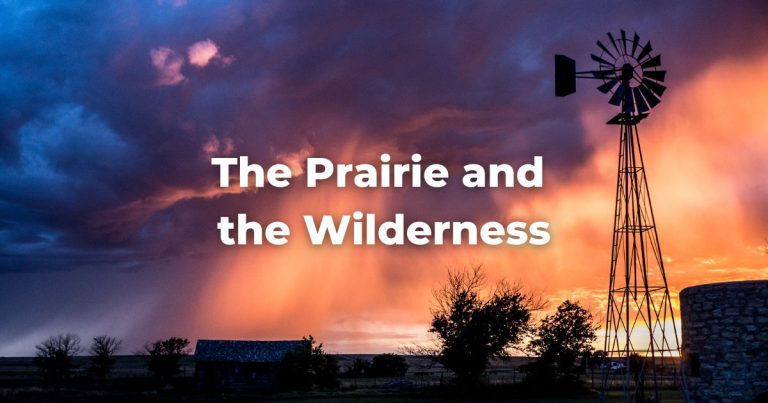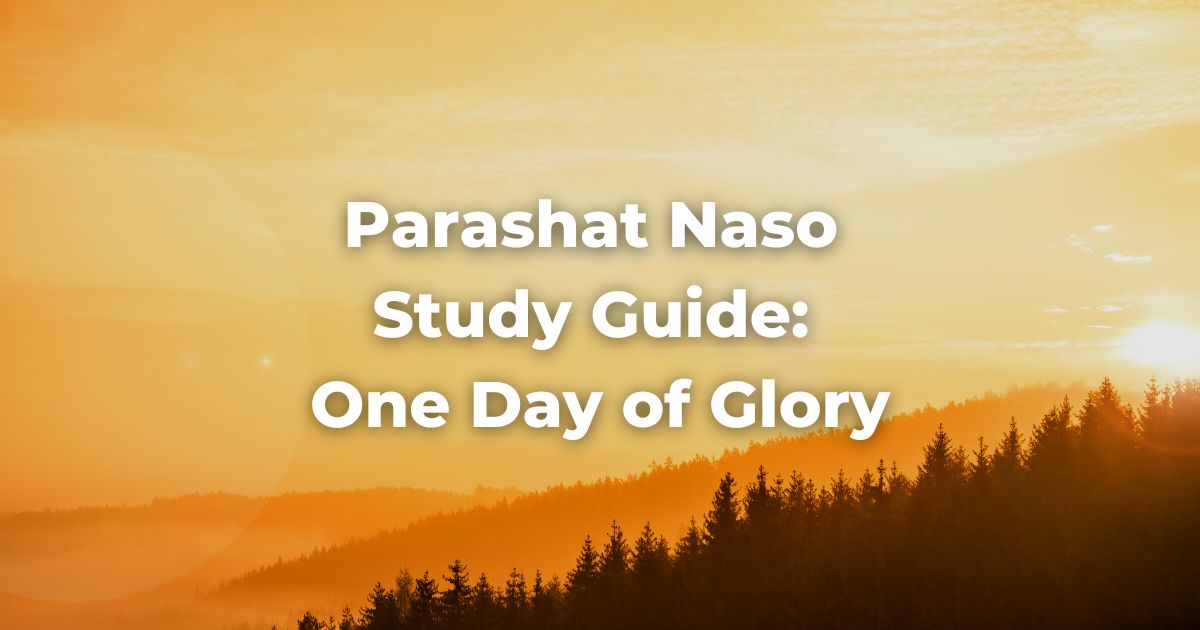Text: Shemot 35:1-10
1 And Moshe gathered all the congregation of the children of Israel together, and said to them, “These are the words which the LORD has commanded you to do: 2 Work shall be done for six days, but the seventh day shall be a holy day for you, a Sabbath of rest to the LORD. Whoever does any work on it shall be put to death. 3 You shall kindle no fire throughout your dwellings on the Sabbath day.” 4 And Moshe spoke to all the congregation of the children of Israel, saying, “This is the thing which the LORD commanded, saying: 5 ‘Take from among you an offering to the LORD. Whoever is of a willing heart, let him bring it as an offering to the LORD: gold, silver, and bronze… 10 ‘All who are gifted artisans among you shall come and make all that the LORD has commanded…
- Why do you think that Moshe gathers the entire congregation for what follows?
- In last week’s parashah, at the end of the instructions for building the Mishkan, there were instructions regarding keeping Shabbat. Now that we are returning to the actual building of the Mishkan (after the golden calf) we are again instructed about Shabbat. Why?
- Why do you think that specifically the issue of fire on Shabbat is mentioned now?
Commentary: Ibn Ezra on Shemot 35:1, Second Commentary
And Moshe gathered—Moshe assembled the people so that all of them would hear, from him, the report about the tabernacle and would donate to its construction.
- Why was it important in this case that all the people hear Moshe? How different would the experience have been would they have received a message through their local leaders? When do national leaders today follow similar patterns?
- According to Ibn Ezra, is verse 1 an opening for the parashah or just for the topic of Shabbat? Why might we have thought otherwise? What do you think?
Commentary: R. Joseph Bechor Shor Shemot 35:2
Work shall be done for six days—that which God commanded. But the seventh day shall be a holy day for you—and even holy work shall not be done on it. Whoever does any work on it shall be put to death—even though it is work for Heaven.
- According to this reading, why is a warning regarding Shabbat placed at this specific point?
- Why might people have thought that work for the Mishkan would be permissible on Shabbat?
- The last warning raises a question: Is there place for leniency when a transgression takes place out of positive, even holy, motives? Why is the negative side to taking such an approach? When might we be tempted to take such a course?
See more: Parashat Vayakhel
Originally posted as part of the Conservative Yeshiva at the Fuchsberg Jerusalem Center’s Torah Sparks. Support TorahRefers to the first five books of the Hebrew Bible, the Tanakh, also called the Five Books of Moses, Pentateuch or the Hebrew equivalent, Humash. This is also called the Written Torah. The term may also refer to teachings that expound on Jewish tradition. Read more learning from the Fuchsberg Jerusalem Center/Conservative Yeshiva for leaders and seekers around the world here.
Authors
-

Vered Hollander-Goldfarb teaches Tanach and Medieval Commentators at the Conservative Yeshiva and is a regular contributor to Torah Sparks, FJC’s weekly message on the weekly Torah portion. She received her M.A. in Judaic Studies and Tanach from the Bernard Revel Graduate School of Yeshiva University and studied at Bar-Ilan University and the Jewish Theological Seminary. Before making aliyah, Vered taught at Ramaz School and Stern College in New York.
View all posts -



The Fuchsberg Jerusalem Center (FJC) is a home in the heart of Jerusalem where leaders and seekers can find an authentic place in Jewish tradition to call their own. FJC offers opportunities to study, pray and explore within an egalitarian and inclusive setting, creating multiple pathways for finding personal and communal meaning.
View all posts






